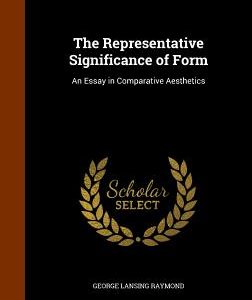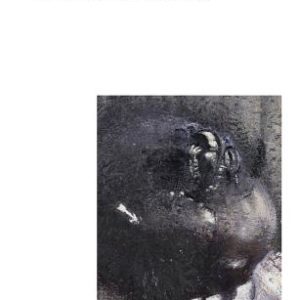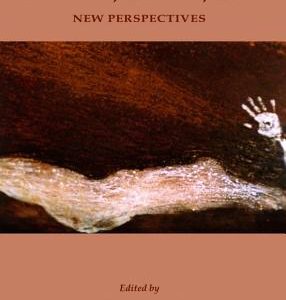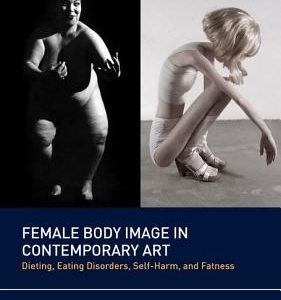Abstraction and Empathy: A Contribution to the Psychology of Style
$8.96
Description
2014 Reprint of 1953 New York Edition. Full facsimile of the original edition, not reproduced with Optical Recognition Software. In this text, Worringer identifies two opposing tendencies pervading the history of art from ancient times through the Enlightenment. He claims that in societies experiencing periods of anxiety and intense spirituality, such as those of ancient Egypt and the Middle Ages, artistic production tends toward a flat, crystalline “abstraction,” while cultures that are oriented toward science and the physical world, like ancient Greece and Renaissance Italy, are dominated by more naturalistic, embodied styles, which he grouped under the term “empathy.” As was traditional for art history at the time, Worringer’s book remained firmly engaged with the past, ignoring contemporaneous artistic production. Yet in the wake of its publication-just one year after Pablo Picasso painted his masterpiece “Les Demoiselles d’Avignon”-“Abstraction and Empathy” came to be seen as fundamental for understanding the rise of Expressionism and the role of abstraction in the early twentieth century.
Author: Worringer, Wilhelm
Topic: Art & Art Instruction
Media: Book
ISBN: 1614275874
Language: English
Pages: 162
Additional information
| Weight | 0.54 lbs |
|---|---|
| Dimensions | 9 × 6 × 0.37 in |















Reviews
There are no reviews yet.